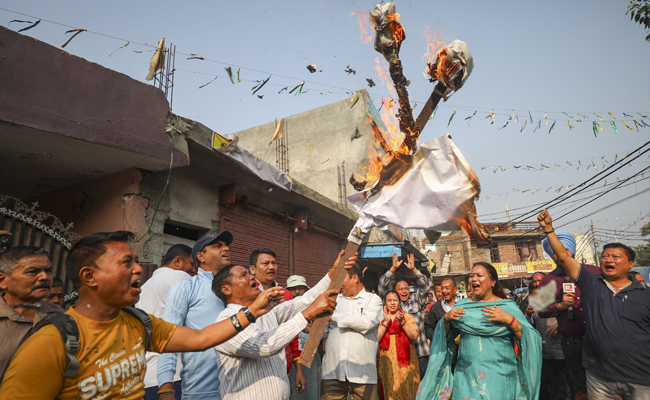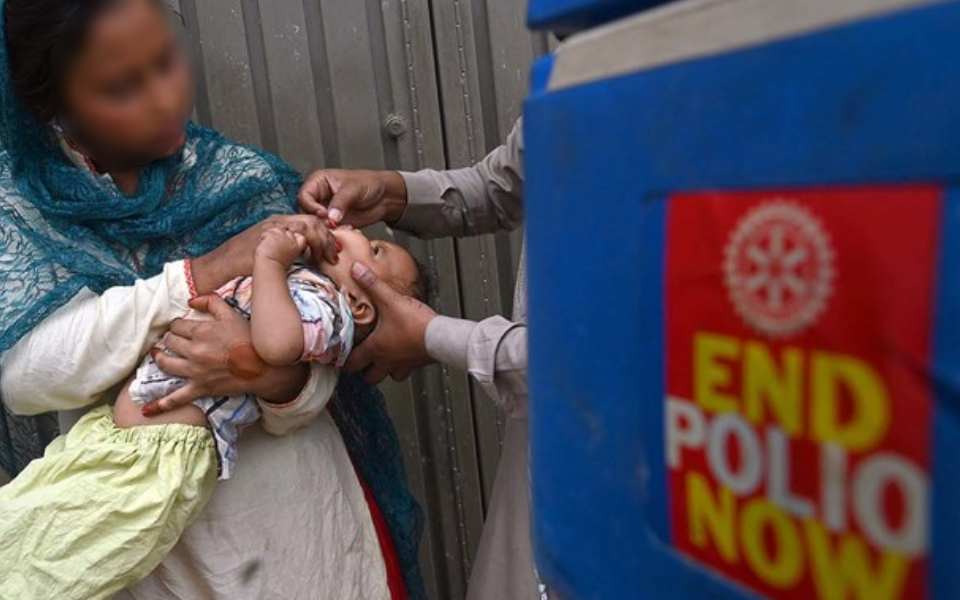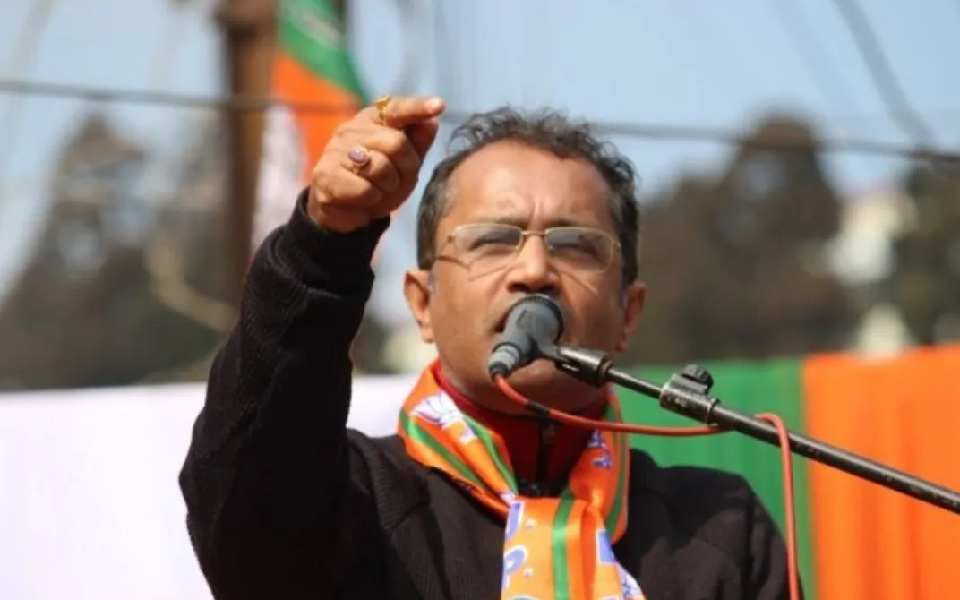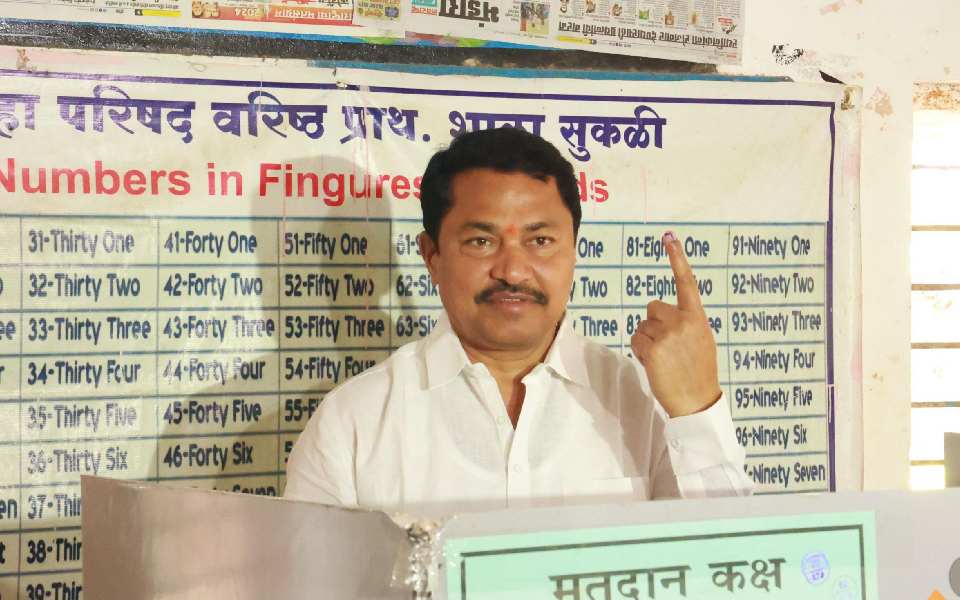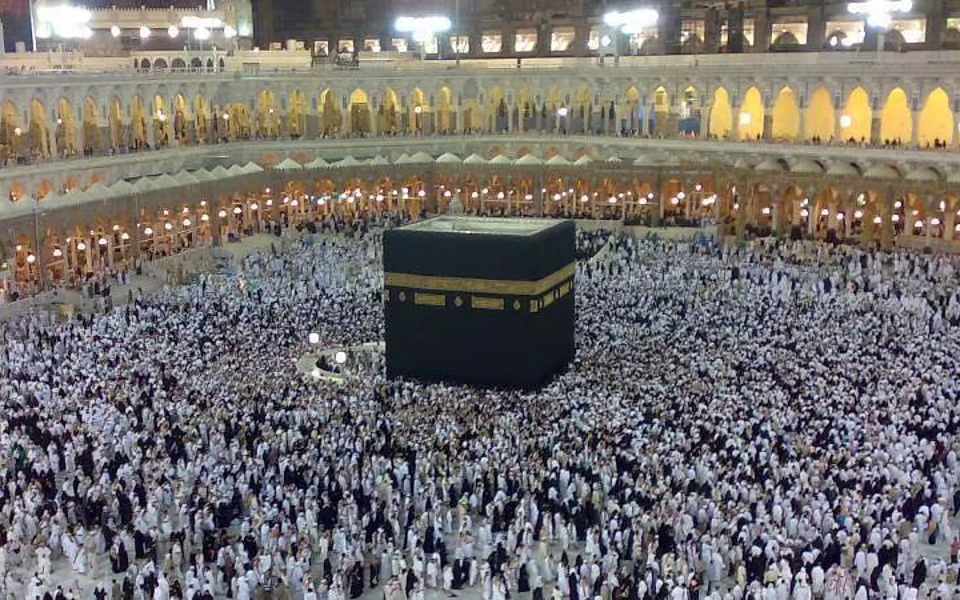Jammu (PTI): The Gorkha community in Jammu held a protest against the resolution seeking the restoration of Jammu and Kashmir's special status passed in the assembly, and burnt effigies of Deputy Chief Minister Surinder Kumar Choudhary.
The protesters demanded a separate state for the Jammu region, saying it would allow them to have their own government that takes decisions benefitting them.
Led by Jammu and Kashmir Gorkha Sabha president, Karuna Chatri, hundreds of Gorkhas, including women and children, took out a protest rally against the National Conference government and the "Kashmir-centric leadership" over the passage of the resolution.
The resolution passed on Wednesday sought to restore J-K's special status that was earlier accorded to it in the now-revoked Article 370.
Raising slogans against Chief Minister Omar Abdullah, Deputy CM Choudhary and NC president Farooq Abdullah, the protestors said it could "deny them citizenship rights".
"NC governments (of the past) and Kashmir-centric leaders have always denied us the right to live in Jammu and Kashmir with dignity for 70 years. They denied us the right to vote, job opportunities, the right to contest elections, and even the right to own property," Chatri told reporters.
"Now, they have passed a resolution to restore Article 370, in a bid to deny us citizenship rights in J-K again. We condemn it," she said.
Chatri accused the NC and Kashmir-based leadership of being biased against Hindus in J-K and said they did not "receive citizenship rights for 70 years" under them.
"But after the abrogation of Article 370, we are finally citizens of J-K. Now they want to take away our rights again because we are Hindus in a Muslim-majority region," she said.
The protestor burnt the effigies of Chaudhary, who is from the Jammu region and is the MLA from Nowshera and referred to him as "Jaichand" -- the 12th-century king of Kannauj who is projected as a betrayer to the Indian cause in some historical accounts.
The protesters also called for a separate state of the Jammu region to ensure their community's growth, which they claim is not possible under "Kashmiri rulers".
"We want a separate state for the Jammu region, where leaders from Jammu will prioritise our development and growth, as we have suffered greatly under NC and Kashmiri-centric regimes. A government in Jammu will ensure our betterment," Sundar Gurkha said.
Around 30,000 Gorkha families moved to Jammu and Kashmir from Nepal eight decades ago to fight alongside the erstwhile Dogra Army, many of who have at least one war veteran.
They voted for the first time in the assembly elections held earlier this year. This was the first poll held in J-K after the abrogation of Article 370 by the Centre on August 5, 2019.
The J-K Assembly passed a resolution on Wednesday asking the Centre to hold talks with elected representatives for the restoration of the erstwhile state's special status. BJP MLAs have opposed the resolution.
Let the Truth be known. If you read VB and like VB, please be a VB Supporter and Help us deliver the Truth to one and all.
ISLAMABAD: At least two more cases of poliovirus were reported in Pakistan, taking the number of infections to 52 so far this year, a report said on Friday.
“The Regional Reference Laboratory for Polio Eradication at the National Institute of Health has confirmed the detection of two more wild poliovirus type 1 (WPV1) cases in Pakistan," an official statement said.
The fresh infections — a boy and a girl — were reported from the Dera Ismail Khan district of Khyber-Pakhtunkhwa province.
“Genetic sequencing of the samples collected from the children is underway," the statement read. Dera Ismail Khan, one of the seven polio-endemic districts of southern Khyber Pakhtunkhwa province, has reported five polio cases so far this year.
Of the 52 cases in the country this year, 24 are from Balochistan, 13 from Sindh, 13 from Khyber Pakhtunkhwa, and one each from Punjab and Islamabad.
There is no cure for polio. Only multiple doses of the oral polio vaccine and completion of the routine vaccination schedule for all children under the age of five can keep them protected.

